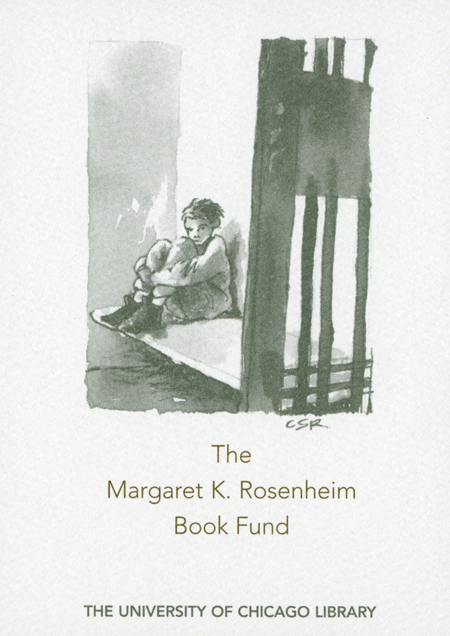Review by Choice Review
This well-organized edited volume is very comprehensive and current. It examines sexualized images of children, questions the usefulness of relevant theories in understanding the problem, and summarizes ways the application of international and domestic laws can address the issue. Quayle and Ribisl also discuss topics that authors of similar works have studied less: sexual images of children produced by themselves, myths and moral panics about online child pornography, and risk behaviors by children and adults. Although the book's theoretical strength and in-depth research underscore its value in academic settings, it is also a practical work that offers methods and approaches to prevent and reduce the harm online child pornography causes. Additionally, case studies from East Asia, Germany, and other parts of the world show how online sexual exploitation of children takes place in a global context and requires non-region-specific approaches. The theoretical discussion in the volume requires some background knowledge in psychology, education, or human development and family studies, but the authors use little jargon. Summing Up: Recommended. Upper-level undergraduate students and beyond in the aforementioned fields, as well as communications, law, science and technology studies, and gender studies. Y. Kiuchi Michigan State University
Copyright American Library Association, used with permission.
Review by Choice Review

